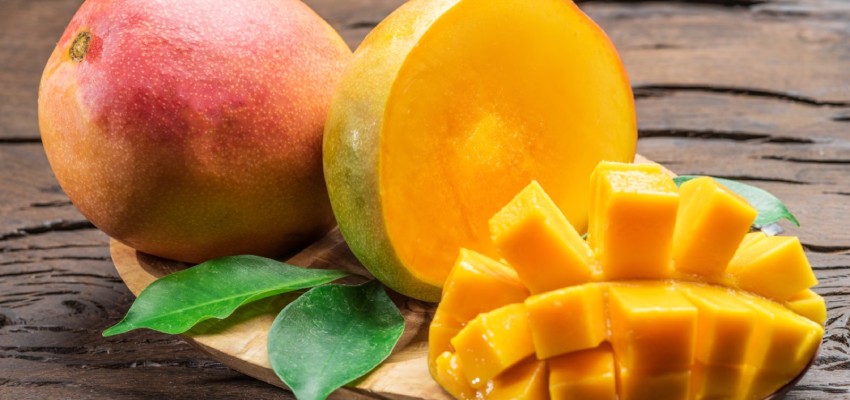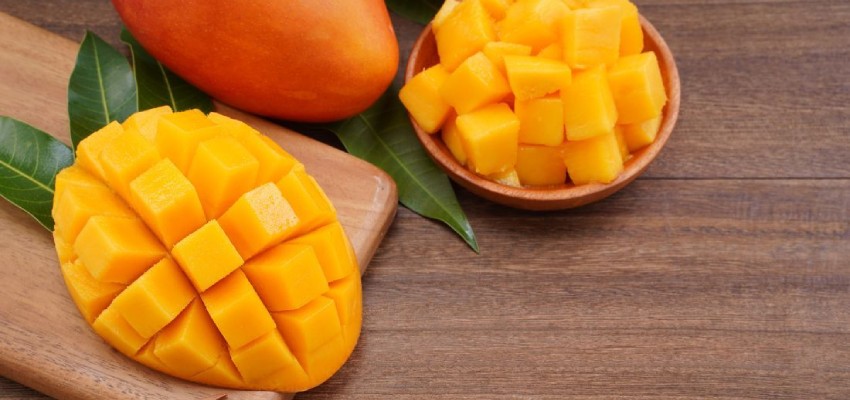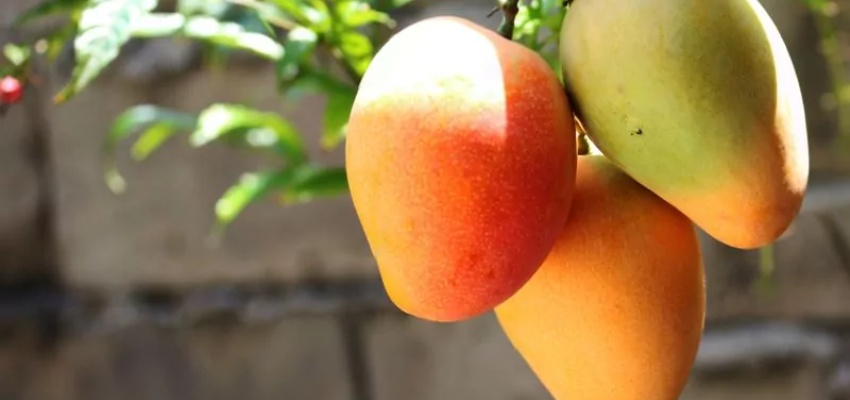Understanding Diabetes Navigating the Metabolic Maze
Mango- the mouth-watering tropical fruit – frequently brings up memories of hot beaches, marvelous landscapes, or an unforgettable journey. Its tasty taste buds, and shreds off juicy flesh offering a variety of delicacies.
On the other hand, a subject with diabetes might regard frequenting a bakery as a falling star as far as he/she is concerned. The concern often arises: Can the sufferers of diabetes consume mangoes on a daily basis? We will focus on this question and discover the reason why the mango is believed to be an object of passion.
Decoding the Glycemic Index: A Key to Dietary Decisions
Diabetes, the metabolism derailment that is marked by abnormally high blood sugar levels, is a case that must be handled with a lot of care by lifestyle and diet management.

A major issue that can take away the enjoyment of eating fruits like mango with their natural sweetness, will be sugar content that could scare people with diabetes. But, not at no cut for the myth that all fruits are banished from the diet is an ill-informed remark.
Contrary to the common belief people associate diabetes with all kinds of food restrictions, mango also can be a part of a well-balanced diet of diabetics, when consumed carefully and in moderation, taking into account its carbohydrate content.
Have a look at butter fruit benefits.
Portion Control and Timing: The Art of Mango Consumption
Among the functionality that help to determine whether a fruit is appropriate for those with diabetes one of the most important characteristics is a glycemic index (GI). The GI explains the reason for the speed with which the blood sugar level is raised by carbohydrate-containing food.

Meals that reach the onset of peak GI level are becoming too fast to be absorbed and to spike up glucose level, which is often a bad thing among diabetic patients.
In contrast, foods with low GI levels digest more slowly and subsequently released into the bloodstream with a sustained manner that causes blood sugar levels to rise slowly.
Mangoes have Fig II- Being healthy is about more than just diet and pushing your limits of physical activities. It is about being in harmony with the environment and finding that balance between mental, physical and spiritual aspects of human life.
Nevertheless, the Glycemic Index (GI) of a product is not the only part that we should think of. The amount of total carbs in food consumed, as well as the sizes of portions become the 2 main factors to determine its effect on blood sugar levels.
Whilst mangoes are packed with carbohydrates, they make up for it with fiber, vitamins and antioxidants, which offer a plethora of health benefits ranging from enhanced blood sugar control as well as a reduced risk of chronic diseases.
As to those with diabetes the rule of thumb is that it takes a planned strategy to include mangoes in their diet. Taking into consideration a sufficient amount of a mango portion is one of the most important factors as it could lead to a glucose level rise due to overeating.
Instead of consuming an entire mango in one sitting, incorporate a small serving (around half a mango) in your meals to slow down the increase in sugar levels.
You may want to combine each serving of fresh fruit with a source of protein or healthy fat to reduce the blood sugar rise after eating. As well and by intentionally under those – ripe mangoes we can decrease their glycemic load.
You should also know – Muskmelon benefits
Individual Variability: Navigating Personalized Nutrition
Another mango relevant aspect is how the timing of the food intake is of great importance also for diabetics. A balanced diet in which mangoes take up only a portion of the stomach, along with other foods, can control blood sugar levels to some extent.

Also remember to add other nourishing food items, for instance, lean sources of protein, whole grains and non-starchy vegetables, as a way of helping to regulate blood sugar levels. In doing so you can thus improve one’s health.
It’s also important to emphasize that the responses of people with diabetes to different foods may widely differ between individuals. Some people can consume mangoes in the same moderate amount as others without the blood sugar elevations whereas other people really need to measure their blood sugar levels after eating mango.
Seeking the aid of a qualified healthcare provider or registered dietitian can be immensely helpful to diabetics because these experts are likely to factor in the specifics of each person’s individual situation and preferences.
Here is rambutan benefits.
Conclusion
To start with, the myth that people with diabetes can’t eat mangoes everyday is a falsehood which should be disproved.
Although mangoes are high on carbohydrates and the glycemic index of mangoes ranges from medium to high, they can still be taken in a diet plan by the individuals with diabetes but it is important to have a balanced diet rather than consuming lots of mangoes.
Mistaking the portion control and under ripe mangoes when mixed with other meals, and monitoring your blood sugar level is a safe way for a diabetic to enjoy eating mangoes and have all the health benefits.
Concerning this as with any balanced diet, moderation and conscious eating are the norms. Hence, enjoy the yumminess of mangoes and follow your health goals, but be mindful of your health goals.